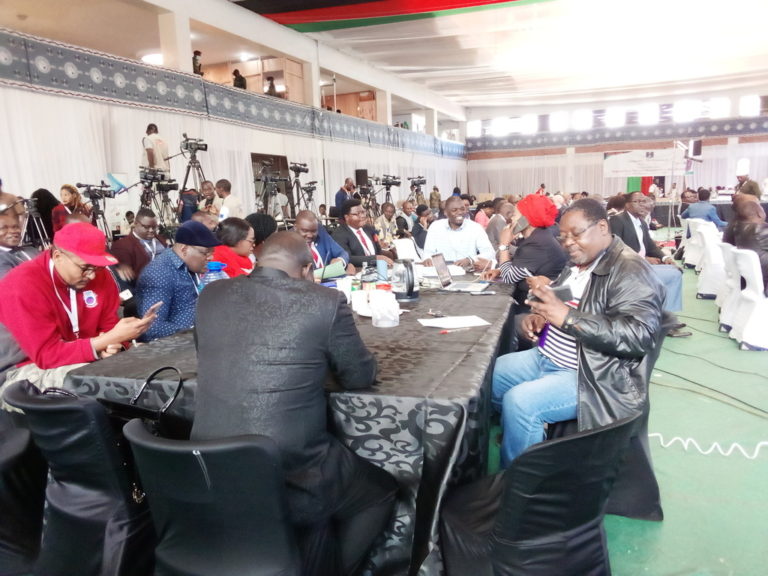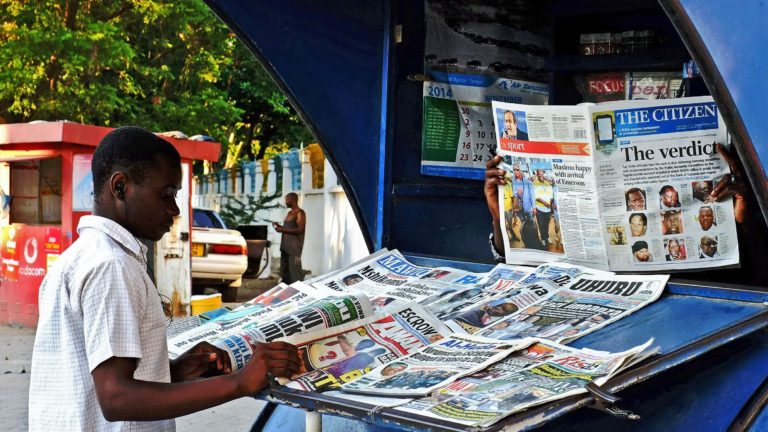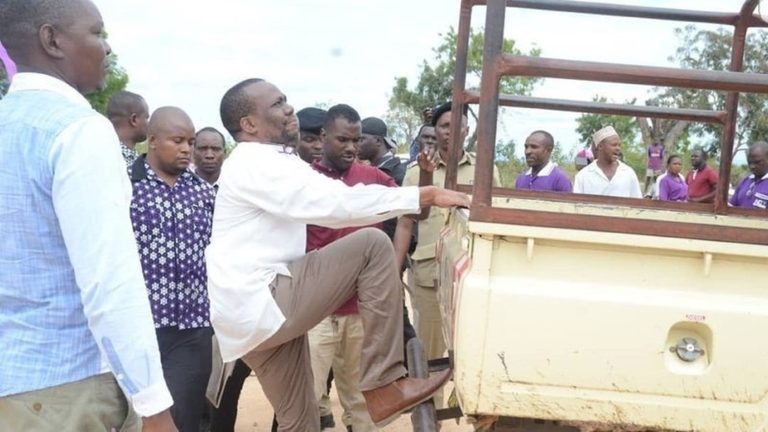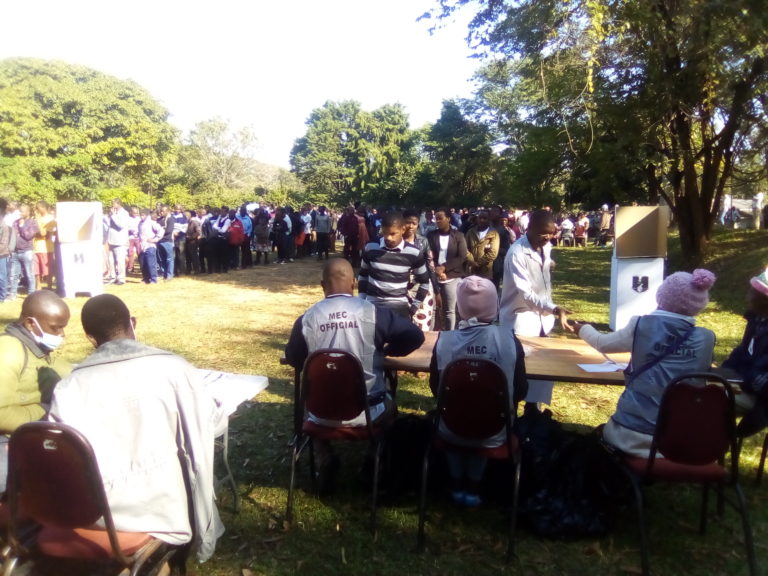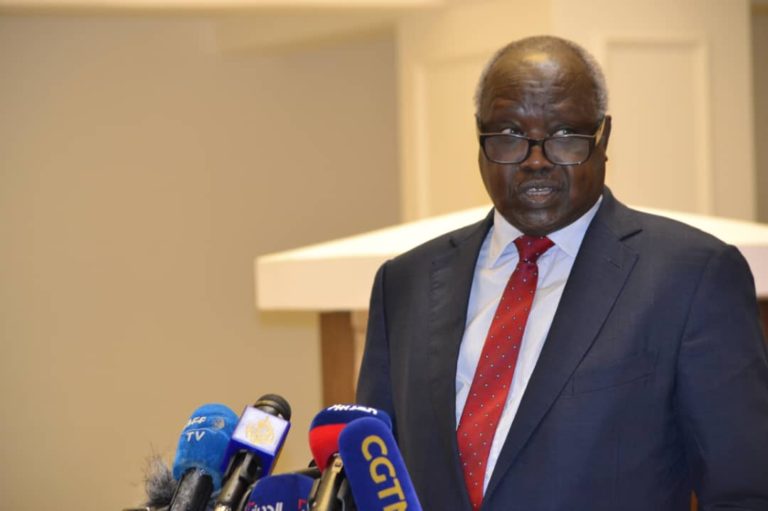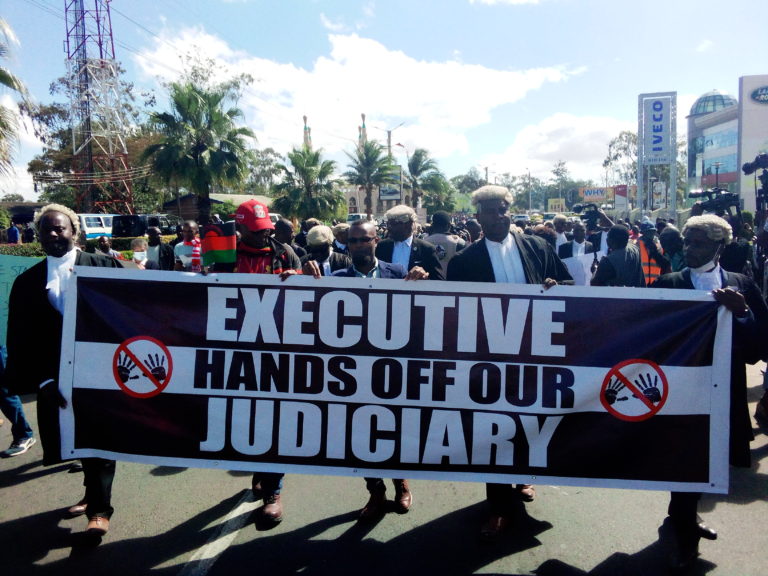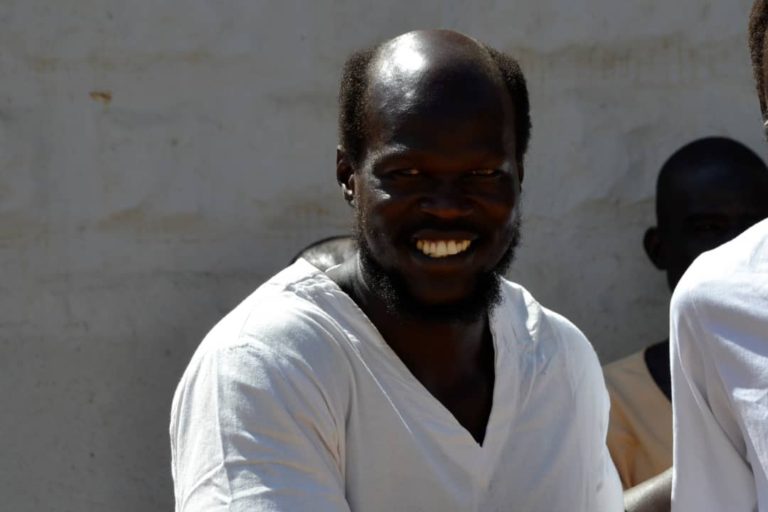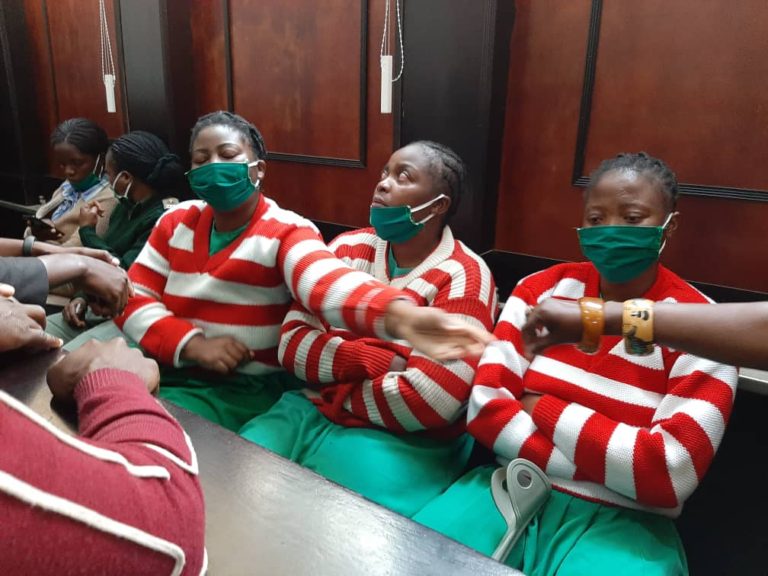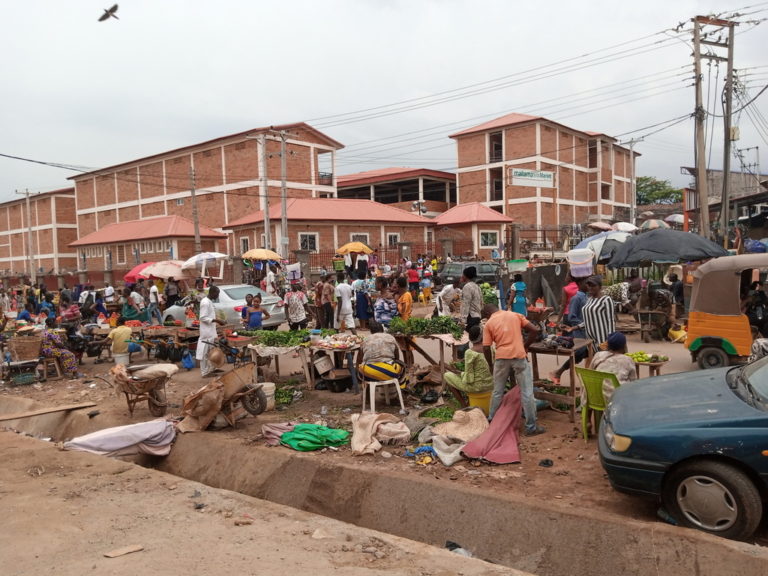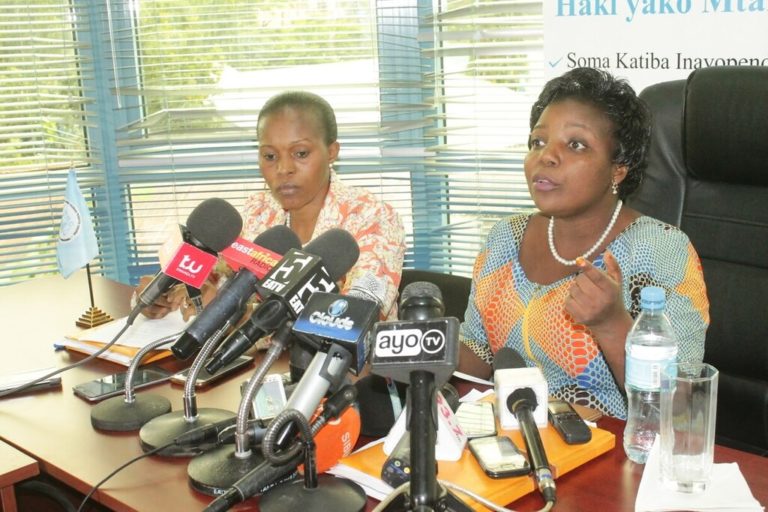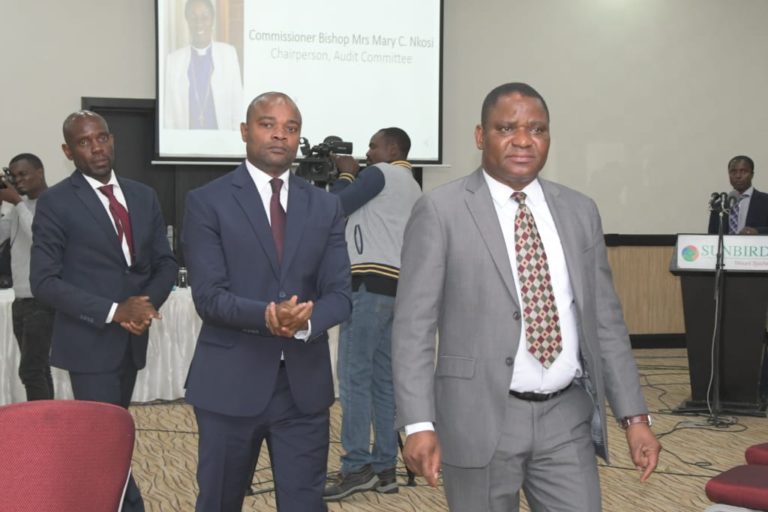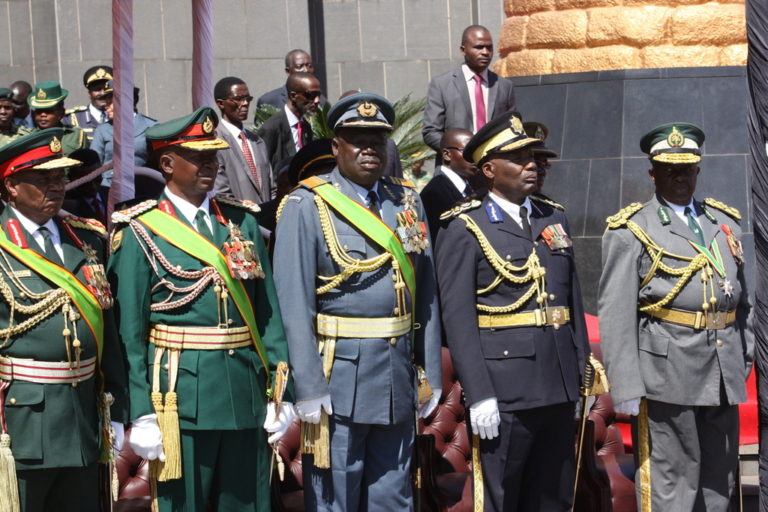Abuja, June 10 — The Nigerian government in late May adopted an unusual protocol for sending treated Coronavirus patients home. Instead of two consecutive negative tests recommended by the World Health Organization, the government announced that patients would be discharged after a single test.
Local authorities welcomed the decision, including those in Lagos, the country’s commercial capital, and the city worst hit by the virus, where the number of Coronavirus patients is gradually outpacing available bed spaces.
Last Thursday, Nigeria Centre for Disease Control went a step further, announcing that a negative test would soon no longer be needed to discharge patients. Symptomatic patients would be discharged 10 days after symptom onset, and those without symptoms will spend a few additional days, it said.
“If your symptoms last for longer, we will wait for longer managing you supportively,” said Chikwe Ihekweazu, who heads the agency, at a press conference. “If you are asymptomatic, you can be discharged 14 days after your first positive result. A negative laboratory test is no longer required to discharge a COVID-19 patient.”
The agency said it was adopting the new methods to “decongest” the isolation centers as the numbers of new infections mount. Nigeria has seen an average of 1,300 cases a week since May 4, significantly higher than 286 recorded at the end of April.
But even as the numbers grow, many remain suspicious that the country may be underreporting the real extent of the contagion in Africa’s most populous nation. The country’s growing number of cases has largely failed to dispel lingering doubts about a reporting process that in some cases has been problematic, and at other times politicized.
“As of close of business last Friday, Nigeria had only tested 74,999 samples, which is a woeful return by any standard,” said Cheta Nwanze, lead partner at the Lagos-based research group, SBM Intelligence. “I fear that politicization, and the current government’s obsession with looking good at all levels.”
By Sunday, Nigeria had the third-highest number of infections in Africa at 12,233. It had 342 fatalities — the fifth-highest behind Egypt, South Africa, Algeria, and Sudan. About 50 percent of Nigeria’s infections were recorded in the last three weeks and Lagos alone accounts for nearly half of those cases.
Yet, when measured per capita, Nigeria’s rising figures don’t measure up given the country’s large population. In fact, when the number of cases is compared per million, Nigeria ranks 34 on a ranking of 57 nations, according to Worldometer, which compiles data on the Coronavirus pandemic.
The first factor many see as responsible for Nigeria’s relatively low numbers is the testing factor. So far, Nigeria with an estimated population of 200 million has only conducted about 75,000 tests. South Africa with 59 million people has done nearly a million tests; Ghana with a population of 31 million has done about more than three times the number of tests than Nigeria, while the small island nation of Mauritius, with a population of just above 1 million, has done over 150,000 tests.
“In summary, the issues are of control, of a need to look good, and a lack of competence in handling the pandemic,” said Mr. Nwanze.
In a bid to do more testing, the government increased the number of COVID-19 testing laboratories from four in February when the virus was first recorded in the country to 30 in June. It announced on April 28 an ambitious plan to test at least two million people by the end of July. After more than a month into the three-month target period, the country has only achieved less than 80,000 tests.
The second factor besides the country’s limitation with testing is perhaps more deadly: the suspicion that the country’s political leaders are deliberately underreporting cases of the disease in their domains for political reasons. In a country often polarized by politics and ethno-religious sentiments, the allegation does not seem far too off.
“NUMBERS GAME. Every evening NCDC releases #COVID19 numbers, what do they mean? Samples are sent to labs by task forces controlled by State Governors. The labs can only test what they are given. He who controls the sample set controls the numbers. Governors want low numbers,” Jibrin Ibrahim, a political science professor who runs the Abuja-based Centre for Democracy and Development, wrote on Twitter on Saturday.
Such sentiments are widespread and they have been strengthened by recent events. In early May, the state epidemiologist in the southern state of Akwa Ibom was dismissed in what local media said was punishment for sending more samples to the NCDC-run laboratories for testing than the governor had approved.
Up north in Kano, the country’s second-most populous state, after hundreds died mysteriously and cases of Coronavirus dramatically rose there in April, the government announced even without full autopsies that the deaths were not Coronavirus-related as widely suspected, rather were caused by malaria, hypertension, and diarrhea. Many rejected that claim. On Monday, several weeks after, the Health Minister, Osagie Ehanire, announced that investigations had shown 979 people died there, and 50 to 60 percent of those may have been caused by COVID-19.
Of the country’s 37 states, two — Kogi in the north-central and Cross River in the south — insist they have no cases of the virus despite being bordered by states with many cases. The country’s medical body and the NCDC accuse authorities in the two states of refusing to send samples of suspected cases for testing. In May, the NCDC said its staff sent to Kogi were attacked and chased away.
After the NCDC announced three cases from the state late May, the governor Yahaya Bello dismissed the result as a conspiracy to record cases against the state. An aide described the testing process that led to the result as “fraudulent,” prompting a rebuke from the country’s medical association.
“His use of profane words is capable of demoralizing the exemplary gold-winning health workers and the untiring NCDC, which possibly can lead to a national catastrophe,” Francis Faduyile, president of the Nigerian Medical Association said in a statement on May 29. The state government had “hardened its heart and ensured that the Kogi people remain in the dark, untested”, he added.
Responding to Mr. Ibrahim’s comment about governors falsifying the numbers, Nasir el-Rufai, the governor of the north-western state of Kaduna, said while the claim was “partly true,” some governors, himself inclusive, were doing the right thing and did not want the “fake low numbers.”
“FCT, Kaduna & Lagos States at least are actively tracing contacts because we want RIGHT numbers of those infected — to test, trace contacts & treat them. We want to save lives not have ‘unexplained deaths’,” said Mr. El-Rufai, who recovered from the deadly virus in May.
Nigeria has not yet flattened the curve. But the country in June relaxed its lockdown by allowing the reopening of offices and places of worship. Night curfew remains in place as well as a ban on interstate travels and an advisory on the use of face masks in public and social distancing.
Analysts fear that reopening places of worship and offices is hasty and may complicate an already dire situation with most residents barely observing the recommended social distancing or even using the facemasks.
Last Monday, at a local market in Kubwa, a suburb of the capital Abuja, majority of traders wore no masks and maintained no physical distance. Traders continued with their businesses as normal times.
In the most affected state, Lagos, the government said it will run out of bed spaces in three weeks if the numbers continue to grow. The state now plans to introduce home-care for patients without symptoms, only admitting those with moderate and critical symptoms to the isolation centers.
“If we carry on with the rate of positive testing that we are obtaining, we’re going to run out of isolation beds in our established isolation facilities,” Akin Abayomi, Lagos Commissioner for Health said at a press briefing on Friday.
“Therefore, we are projecting. If we keep getting 150, 200 positives every day, in another two or three weeks, even though we’re opening new isolation centers all the time, in time, we’re going to run out of beds,” the local newspaper The Cable quoted him as saying.


